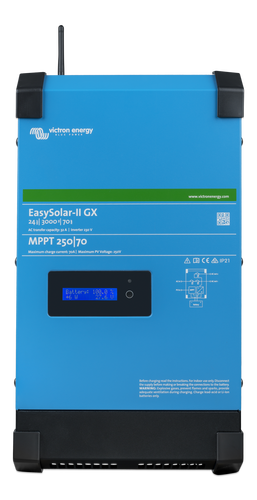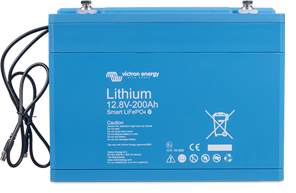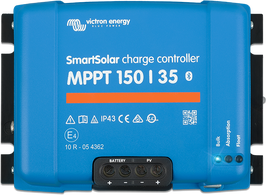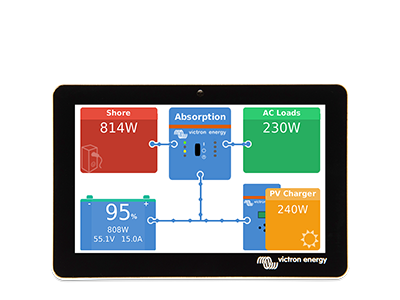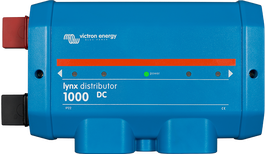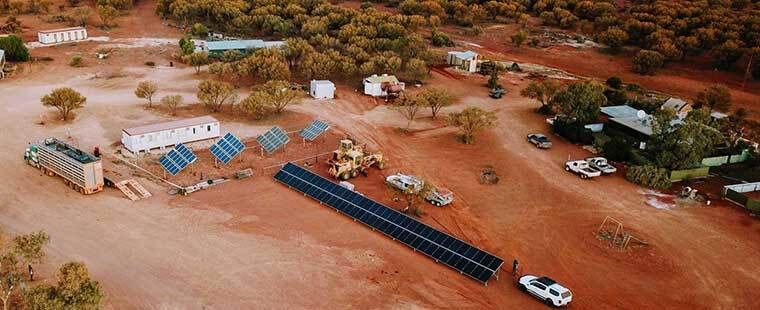
The market at Sabon Gari in Kano state, Nigeria, has 12,000 shops where you can buy everything from vegetables to visual arts. It’s so big they call it ‘Mini Africa’. Several kilometres of bustling passageways and roads, packed with shoppers and the shouts of traders calling attention to their bargains, makes for an exhilarating atmosphere …you simply can’t visit Nigeria and not go there!
However until recently there’s been something else in the atmosphere, too: quite a lot of smoke!
Noise and fumes
Grid electricity supply problems resulted in 72% of the shops which needed electricity deciding to generate their own power using petrol and diesel generators – a survey found. Apart from the pollution and the noise, the market regularly experienced destructive fires causing damage estimated in the millions of Naira.
To address this and similar issues, The Federal Government of Nigeria, through the Rural Electrification Agency launched Energising Economies Initiative (EEI), to focus on building a reliable energy infrastructure at markets and other economic hubs – together with private developers.

His excellency the Vice President of Nigeria, Yemi Osinbajo accompanied by REA CEO/MD Damilola Ogunbiyi conducting inspection of one of the energy hubs at Sabon Gari.
Survey, design, install
The Nigerian based off-grid energy specialist Rensource – who aims to build West Africa’s largest portfolio of electricity micro-grid utilities using best-in-class technologies – were asked to carry out the installation.
Rensource recruited and trained 100 engineers, administrative staff, and craftsmen. Like so many countries, Nigeria has a large jobless population – new recruits were drawn from amongst Nigeria’s unemployed.
The first goal was to win the confidence of market stall holders that reliable power provision could be a reality – it was something no one had experienced before. A ‘needs’ survey provided the team with information essential to their system design …some shops needing only lighting; others had air-conditioning and refrigeration units.
How was it achieved
Working from survey results, a colossal 1.6MWh bank of Lithium-iron Phosphate batteries from hybrid battery manufacturer and technology partner BOS AG, based in Germany was selected as the power storage solution. The power installation was zoned into 160 10kWh systems – each providing power for between 60 and 80 shops.
800kVA of power is made available using 160 Victron MultiPlus inverter/chargers. These inverters have a peak power capability equal to double their continuous output – which ensures smooth power supply even as air conditioning units, for example, cycle on-and-off. 320 Blue solar MPPTs 150/70 units harvest the power from a 1.6MWp solar array, optimising the charge current to the Lithium iron battery bank.
The system allows for future expansion – which is just as well because business is booming and demand for power is growing.
This clean electricity – made affordable by smart meters – brings only benefits it seems: Whereas the price of generator-produced electricity was around 1000 Naira per day, smart energy has brought that cost down to 116 Naira, typically.
International recognition
The success of this huge project has received deserved international recognition – Rensource won the Excellence in Climate Solutions award at the Transformational Business Awards ceremony (also known as ‘the Oscars of the renewables world’) which was held in June 2019, hosted by The International Finance Corporation (World Bank Group) and Financial Times.
Since the completion of this project, four more markets now benefit from renewable electricity with a further fourteen scheduled. These developments are bringing welcome employment and training to enthusiastic young people who are really enjoying being involved with such a worthwhile scheme.

Rensource team after the inauguration ceremony! This project helped create many jobs for the youth of Nigeria.
Veeresh Anehosur of BOS AG says: The key to these mini grids and micro utility projects is that they need to be commercially attractive and sustainable in long-term. This is possible only if the technology works flawlessly over the years. ‘Low’ or ‘No’ system downtime and good system-level performance helps win customer confidence in the project – which decreases non-payment risk …a perfect scenario to recoup the initial investment. How do you ensure an efficient and cost-effective mini grid over time? One key element is to include lithium. Lithium has one of the least LCOE [Levelized Costs of Energy] compared to Lead acid. For projects where an initial low-capital investment is critical, a combination of Lead acid and Lithium can be used which gives a cost-effective high-performance solution.
Let’s have a look around the market, and hear how market traders are getting on with their new clean power:
- The headline image for this story carries the following credit: ©Alexander Kohler, Source Persistent Energy – the whole Nigeria album can be seen here.
